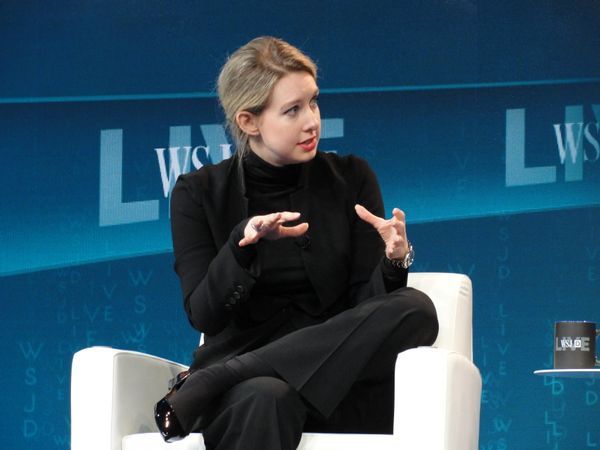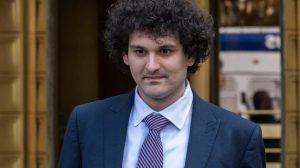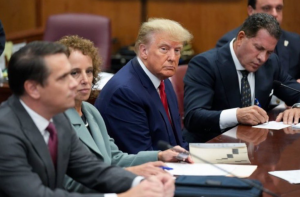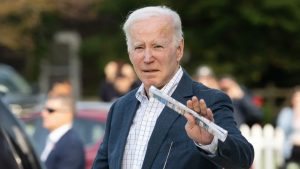A jury found fallen Silicon Valley star Elizabeth Holmes guilty of fraud for turning her blood-testing startup Theranos into a sophisticated sham — one that duped billionaires and other unwitting investors into backing a seemingly revolutionary company whose medical technology never worked as Holmes promised.
Holmes was born in the American capital of Washington DC to accomplished parents – her father Christian Rasmus Holmes IV was a vice president at energy firm Enron and later held executive positions at government agencies such as USAID, EPA and USTDA while her mother worked as a Congressional committee staffer.
She studied chemical engineering at the Stanford University in 2002 and worked as a student researcher and laboratory assistant in the School of Engineering.
She dropped out of college in March, 2004 and user her tuition money as seed funding for a consumer healthcare technology company. Her founded the company ‘Real-Time Cures’ in Palo Alto, California, which she said was to “democratise healthcare”.
Also Read | John McAfee, creator of famous ’80s antivirus software, faces charges for fraud
The idea of testing small amounts of blood samples for vast amounts of data came from her fear of needles, thus giving birth to Theranos’, which was rebranded from Real-Time Cures, unique selling point.
An admirer of Steve Jobs, she styled herself in his image, often dressing in a black turtleneck sweater like the Apple founder and speaking in a deep baritone voice in most public appearances. However, there are conflicting reports about the Jobs impersonification, with Holmes and her family other reasons for the same.
By the end of 2010, Theranos had accumulated over $92 million in venture capital and boasted an illustrious board of directors. In 2014, Forbes recognised her as the world’s youngest female self-made billionaire and ranked her 110 on the Forbes 400, with the company itself valued at around $9 billion at its peak.
Things started unravelling in 2015, when a Wall Street Journal expose revealed uncertainties about the accuracy and viability of the Theranos blood testing tech.
Also Read | Trump tax record: 18-month court battle, and now over to Manhattan DA
By 2016, the company was flooded with lawsuits and multiple government investigations, which found irregularities and finally being charged after investigations found their failures jeopardised patients’ health.
In 2018, Holmes and former Theranos Chief Operating Officer Ramesh ‘Sunny’ Balwani – who was also Holmes’ onetime lover -were indicted on nine counts of wire fraud and two counts of conspiracy to commit fraud. Both pleaded not guilty and could face up to 20 years in prison.
Her trial, already delayed thrice by the coronavirus pandemic, was set to start in July but is likely to be delayed again over her news of pregnancy. Balwani’s trial is set to start in January 2022.







